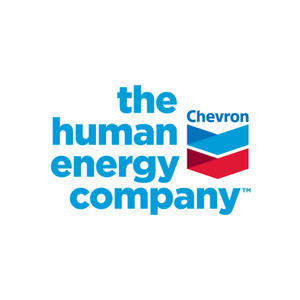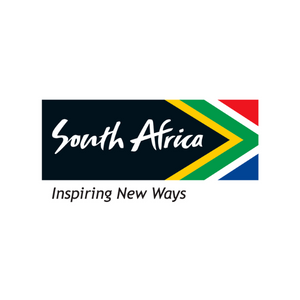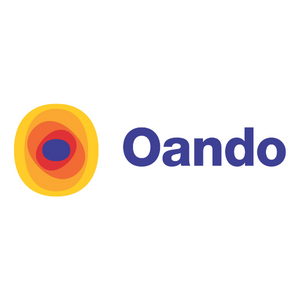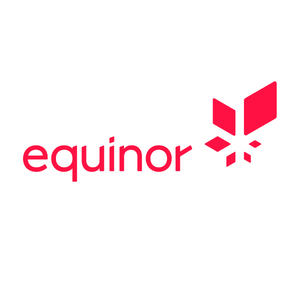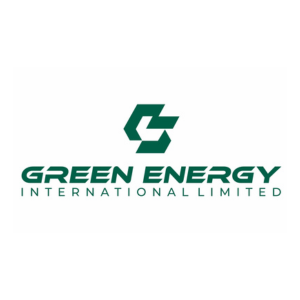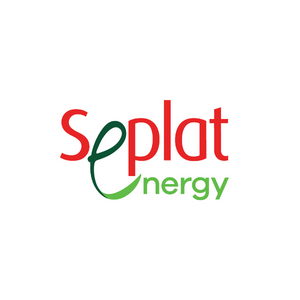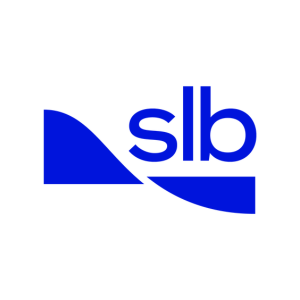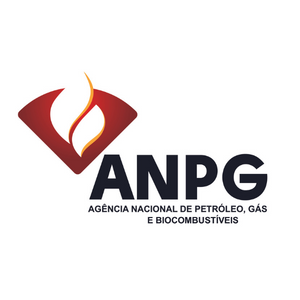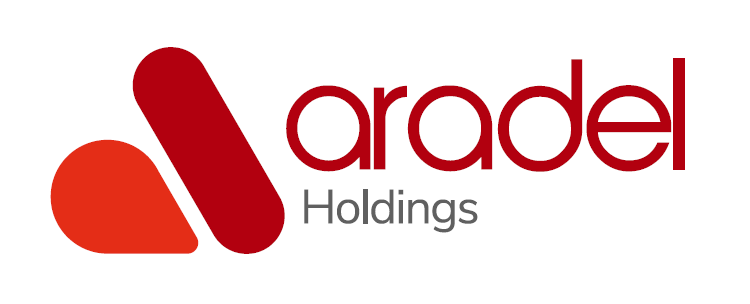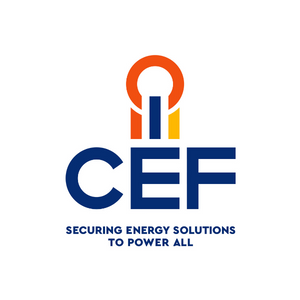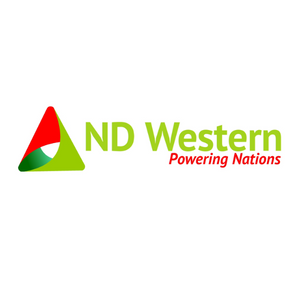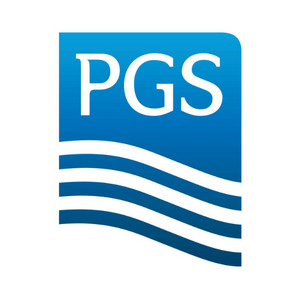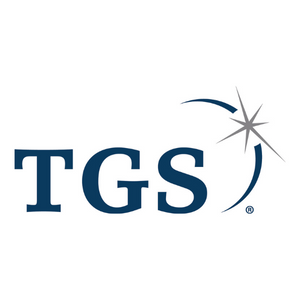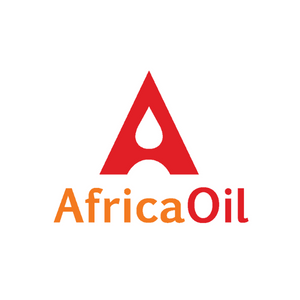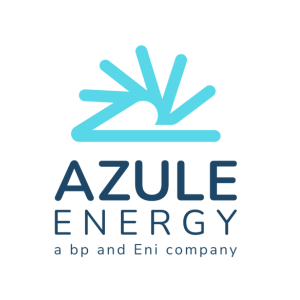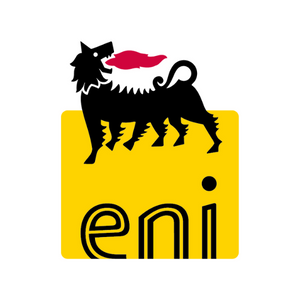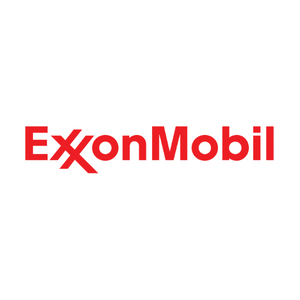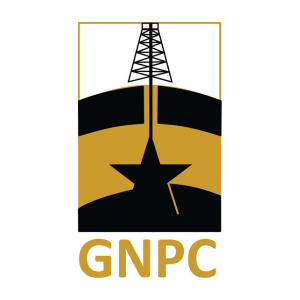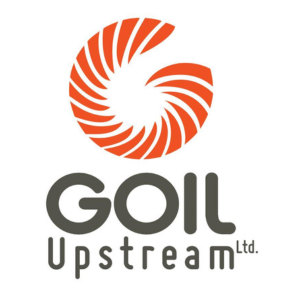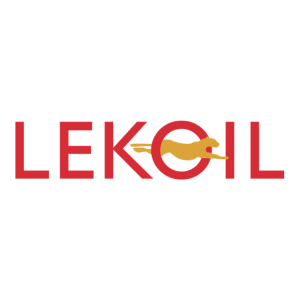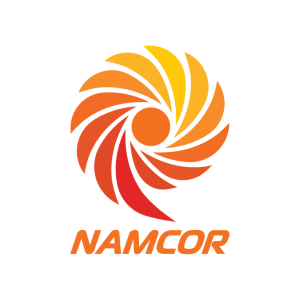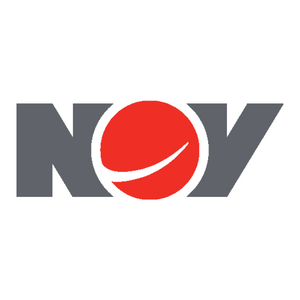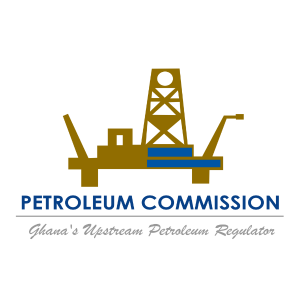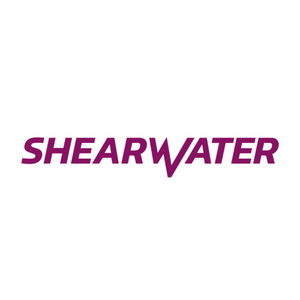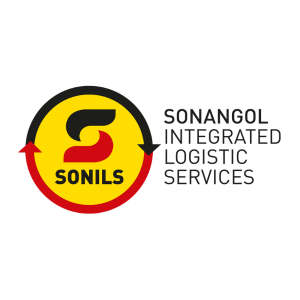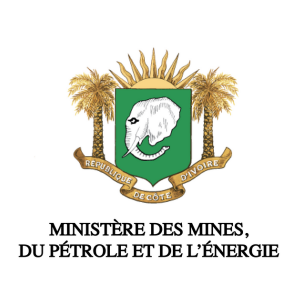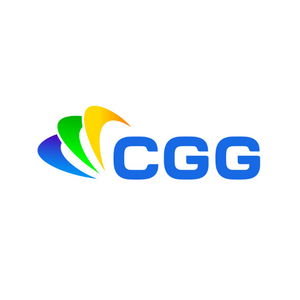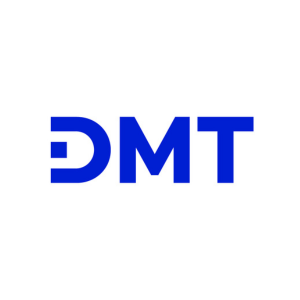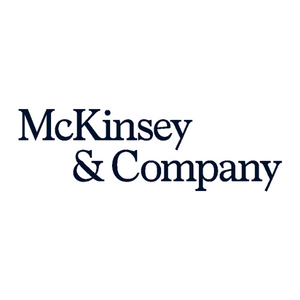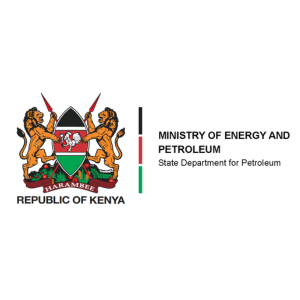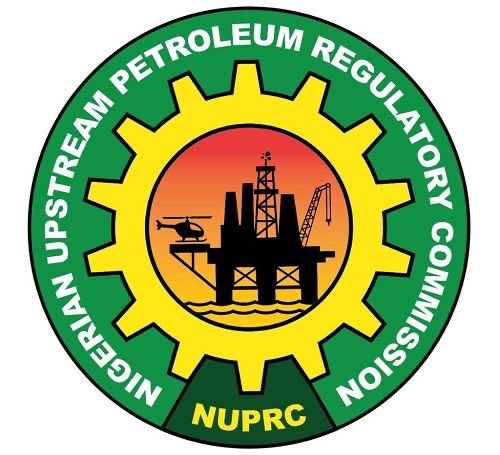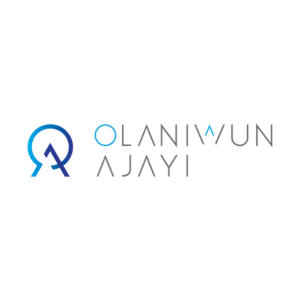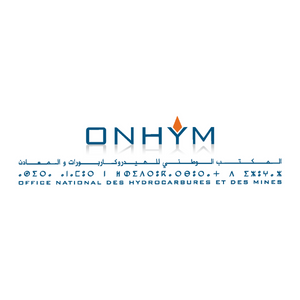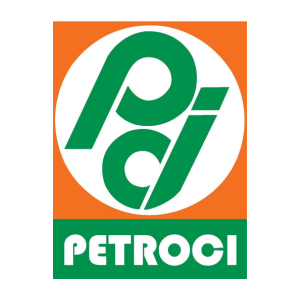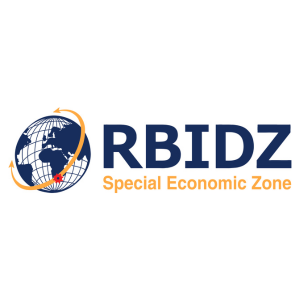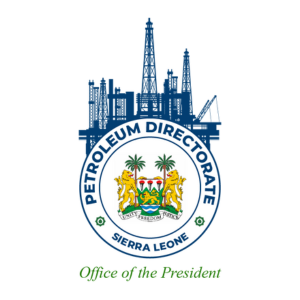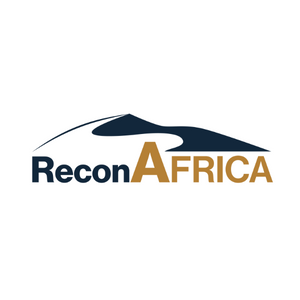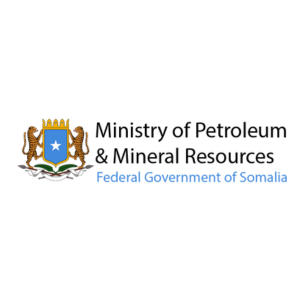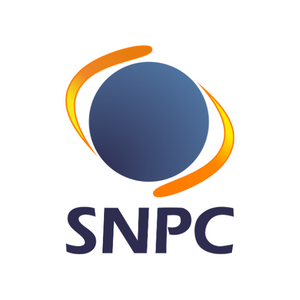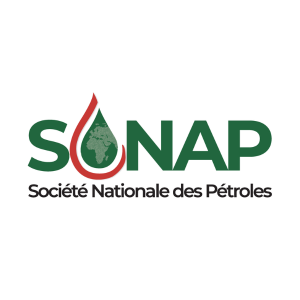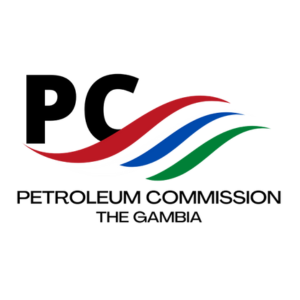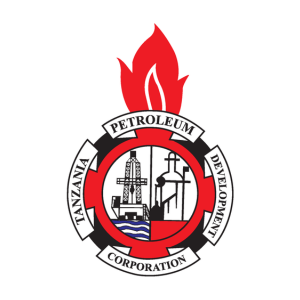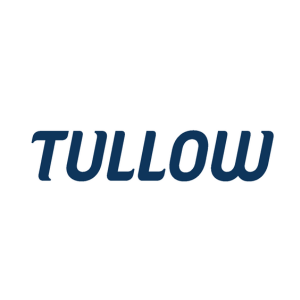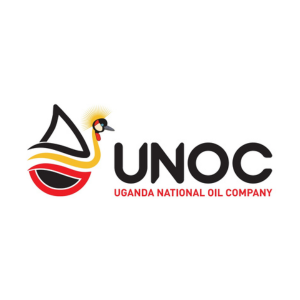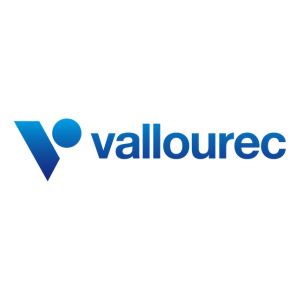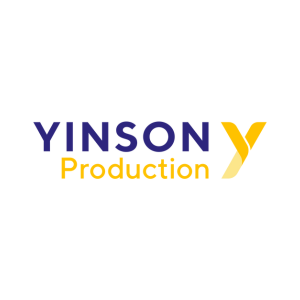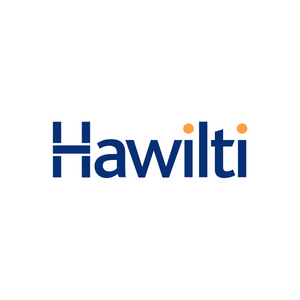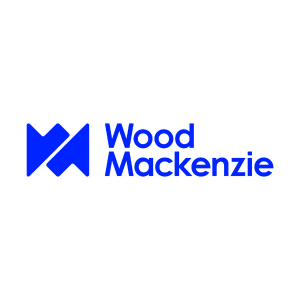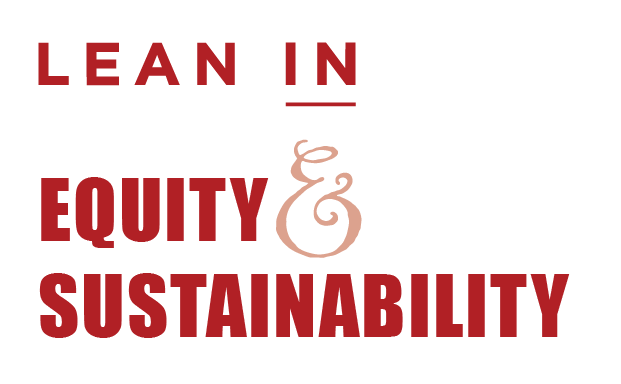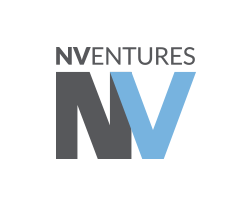To capture foreign investment and develop their hydrocarbons sectors, African nations across the continent are looking at changes to important legislature.
From changes to hydrocarbons codes to advancements towards transparency, governments are taking deep dives into current legislation. The end result should be a better environement for IOCs and majors in which to work. It really is a continental shift towards an open, lucrative hydrocarbons sector.
Here are some of the key legislative developments from across Africa’s oil producing nations.
One major law change various African oil ministries and governments are exploring is an update to existing hydrocarbons codes.
Gabon has enacted changes to its hydrocarbon legislation, first announced at Africa Oil Week 2018. The updates give the state more control of the industry, as well as giving NOC Gabon Oil Company 15% equity in new projects. However, they also contain a number of provisions making the country more open to IOC investment.
The fiscal terms include zero corporation tax and reductions in the government take for shallow and deepwater concessions. For shallow blocks, royalties are down from 13 per cent to 7 per cent and down from 9 per cent to 5 per cent for deepwater.
State profit has been reduced, down from 55 per cent to 45 per cent for shallow blocks, and down from 50% to 40% for deepwater. The cost recover limit has been increased from 65% to 70% for shallow blocks and from 70% to 75% for deepwater. State participation is down from 20% to 10% too.
This appears to be paying off already. Malaysia’s Petronas has been granted Gabon’s first exploration in five years, exploring offshore blocks F12 and F13. These blocks can add 200,000 bpd to Gabonese output, according to government estimates.
In April 2019, the Cameroon Senate passed a fresh wave of upstream legislation designed to replace the nation’s 1999 Petroleum Code.
One of the key changes is tax holiday for oil and condensate development, and a further seven years for gas development. What’s more, production sharing contracts (PSCs), can be modified to allow companies to recuperate “exploration expenses” from production based on Cameroonian on or offshore acreages.
Any existing contracts also remain valid for initial granted periods under original conditions, thus assuaging fear of retroactivity.
Cameroon’s latest batch of oil & gas legislature does include strong local content provisions. For instance, indigenous services, participation, human resources and expertise are a requirement for any future projects.
Nigeria’s petroleum sector reform has been a long, drawn-out process. First mooted 18 years ago, its new Petroleum Bill has been the focus of much speculation, commentary and refinement during its lengthy gestation period.
Even as late as August 2018, the 17th year of the bill’s lifespan, President Bhuari had blocked its passage into law. The Nigerian premier’s block is to give more time to further tweak the bill, to quell uncertainties around possible revenue reductions.
While the oil community will no doubt be aware of the bill’s troubled life, there is a glimmer of hope on the horizon. The latest reports suggest the Petroleum Industry Bill will finally enter law at some point in 2019.
This could herald a new dawn for exploration and production in Nigeria – something its oil sector desperately needs. 90% of foreign currency exchanges are sourced from hydrocarbons revenues, as well as up to 60% of governmental revenues.
While it’s clear that African countries are welcoming towards international cooperation in hydrocarbons development, there is a greater need to get local authorities and companies involved on major projects.
As with changing and updating hydrocarbons codes, this is a continent-spanning endeavour. It’s hoped this will enable energy ministries to have a greater say in multi-billion-dollar E&P projects, as well as equip domestic players with the tools they need to become competitive oil & gas players and important partners for IOCs moving forwards.
Here’s a quick glance at some recent local content developments coming into play in African nations.
Angola is readying itself for a wide variety of oil & gas changes, one of which is exploring new legislation to update its local content policies.
According to Prodiman Oil Services group, Angolan companies currently only hold a 10% share of the nation’s domestic oil & gas market. Instead, it is companies like Total that control the bulk of Angolan hydrocarbons resource development and production.
As such, the Angolan government is reviewing its local content policy to encourage more integration between foreign firms and domestic companies.
A draft legislation plan and local content decree was sent for public consultation in April 2019. Under the proposed laws, the following are being discussed with the aim of incorporating Angolan firms into wider E&P projects:
Efforts to retain peace throughout post-independence South Sudan are resulting in a big upswing in oil production. It currently produces 195,000 bpd, but the young nation has its eyes on reclaiming its pre-war levels of 350,000 bpd. The answer may lie in an updated local content regime.
Petroleum Minister H.E. Ezekiel Lo Gatkuoth has suggested that a comprehensive review of local content policies will be useful in attracting fresh talent to the nation, which holds Africa’s third largest provable oil reserves.
Indeed, South Sudan is reaching out to African partners to aid in updating and strengthening its domestic and local content policies. South Africa-based Centurion Law Group held a local content workshop in June 2019 to advise on how best to improve the regulatory framework to benefit both domestic and international players.
“As South Sudan’s oil industry gets back on its feet and closer to the pre-war production levels of 350,000 bopd, there is a need to ensure that the industry revival benefits South Sudanese businesses and entrepreneurs first,” said NJ Ayuk, CEO of Centurion. “As part of our social responsibility towards the industry but also towards the people of South Sudan, we are delighted to offer such a workshop for South Sudan’s leading small and medium enterprises.”
Centurion has been a champion of local content development across Africa’s oil markets, especially South Sudan. This will be the second workshop on the subject organized by the firm, after having successfully completed a similar workshop in Juba last year to assist the Ministry of Petroleum in the drafting of the country’s new local content regulations.
For over 25 years, Africa Oil Week has been the meeting place for Africa’s most senior E&P stakeholders.
It attracts the entire value chain including Governments, NOCs, international oil companies, independents, investors and service providers. They come to set out the future direction of the continent’s upstream oil and gas sector, secure major deals and lucrative new partnerships and take part in bidding rounds.
It is the best place to discover investment opportunities throughout one of the most promising regions on Earth for oil & gas development.
Learn more about Africa Oil Week today.
Here are some of the key legislative developments from across Africa’s oil producing nations.
Africa oil & gas legislation round up
Countries across the continent enhance hydrocarbons codes
One major law change various African oil ministries and governments are exploring is an update to existing hydrocarbons codes.
Gabon
Gabon has enacted changes to its hydrocarbon legislation, first announced at Africa Oil Week 2018. The updates give the state more control of the industry, as well as giving NOC Gabon Oil Company 15% equity in new projects. However, they also contain a number of provisions making the country more open to IOC investment.
The fiscal terms include zero corporation tax and reductions in the government take for shallow and deepwater concessions. For shallow blocks, royalties are down from 13 per cent to 7 per cent and down from 9 per cent to 5 per cent for deepwater.
State profit has been reduced, down from 55 per cent to 45 per cent for shallow blocks, and down from 50% to 40% for deepwater. The cost recover limit has been increased from 65% to 70% for shallow blocks and from 70% to 75% for deepwater. State participation is down from 20% to 10% too.
This appears to be paying off already. Malaysia’s Petronas has been granted Gabon’s first exploration in five years, exploring offshore blocks F12 and F13. These blocks can add 200,000 bpd to Gabonese output, according to government estimates.
Cameroon
In April 2019, the Cameroon Senate passed a fresh wave of upstream legislation designed to replace the nation’s 1999 Petroleum Code.
One of the key changes is tax holiday for oil and condensate development, and a further seven years for gas development. What’s more, production sharing contracts (PSCs), can be modified to allow companies to recuperate “exploration expenses” from production based on Cameroonian on or offshore acreages.
Any existing contracts also remain valid for initial granted periods under original conditions, thus assuaging fear of retroactivity.
Cameroon’s latest batch of oil & gas legislature does include strong local content provisions. For instance, indigenous services, participation, human resources and expertise are a requirement for any future projects.
Nigeria
Nigeria’s petroleum sector reform has been a long, drawn-out process. First mooted 18 years ago, its new Petroleum Bill has been the focus of much speculation, commentary and refinement during its lengthy gestation period.
Even as late as August 2018, the 17th year of the bill’s lifespan, President Bhuari had blocked its passage into law. The Nigerian premier’s block is to give more time to further tweak the bill, to quell uncertainties around possible revenue reductions.
While the oil community will no doubt be aware of the bill’s troubled life, there is a glimmer of hope on the horizon. The latest reports suggest the Petroleum Industry Bill will finally enter law at some point in 2019.
This could herald a new dawn for exploration and production in Nigeria – something its oil sector desperately needs. 90% of foreign currency exchanges are sourced from hydrocarbons revenues, as well as up to 60% of governmental revenues.
African local content policies get an overhaul
While it’s clear that African countries are welcoming towards international cooperation in hydrocarbons development, there is a greater need to get local authorities and companies involved on major projects.
As with changing and updating hydrocarbons codes, this is a continent-spanning endeavour. It’s hoped this will enable energy ministries to have a greater say in multi-billion-dollar E&P projects, as well as equip domestic players with the tools they need to become competitive oil & gas players and important partners for IOCs moving forwards.
Here’s a quick glance at some recent local content developments coming into play in African nations.
Angola
Angola is readying itself for a wide variety of oil & gas changes, one of which is exploring new legislation to update its local content policies.
According to Prodiman Oil Services group, Angolan companies currently only hold a 10% share of the nation’s domestic oil & gas market. Instead, it is companies like Total that control the bulk of Angolan hydrocarbons resource development and production.
As such, the Angolan government is reviewing its local content policy to encourage more integration between foreign firms and domestic companies.
A draft legislation plan and local content decree was sent for public consultation in April 2019. Under the proposed laws, the following are being discussed with the aim of incorporating Angolan firms into wider E&P projects:
- Licensing
- Industrial quality
- Standardisation
- Certification
- Intellectual and industrial property
South Sudan
Efforts to retain peace throughout post-independence South Sudan are resulting in a big upswing in oil production. It currently produces 195,000 bpd, but the young nation has its eyes on reclaiming its pre-war levels of 350,000 bpd. The answer may lie in an updated local content regime.
Petroleum Minister H.E. Ezekiel Lo Gatkuoth has suggested that a comprehensive review of local content policies will be useful in attracting fresh talent to the nation, which holds Africa’s third largest provable oil reserves.
Indeed, South Sudan is reaching out to African partners to aid in updating and strengthening its domestic and local content policies. South Africa-based Centurion Law Group held a local content workshop in June 2019 to advise on how best to improve the regulatory framework to benefit both domestic and international players.
“As South Sudan’s oil industry gets back on its feet and closer to the pre-war production levels of 350,000 bopd, there is a need to ensure that the industry revival benefits South Sudanese businesses and entrepreneurs first,” said NJ Ayuk, CEO of Centurion. “As part of our social responsibility towards the industry but also towards the people of South Sudan, we are delighted to offer such a workshop for South Sudan’s leading small and medium enterprises.”
Centurion has been a champion of local content development across Africa’s oil markets, especially South Sudan. This will be the second workshop on the subject organized by the firm, after having successfully completed a similar workshop in Juba last year to assist the Ministry of Petroleum in the drafting of the country’s new local content regulations.
Africa Oil Week: At the heart of African Oil & Gas
For over 25 years, Africa Oil Week has been the meeting place for Africa’s most senior E&P stakeholders.
It attracts the entire value chain including Governments, NOCs, international oil companies, independents, investors and service providers. They come to set out the future direction of the continent’s upstream oil and gas sector, secure major deals and lucrative new partnerships and take part in bidding rounds.
It is the best place to discover investment opportunities throughout one of the most promising regions on Earth for oil & gas development.
Learn more about Africa Oil Week today.

